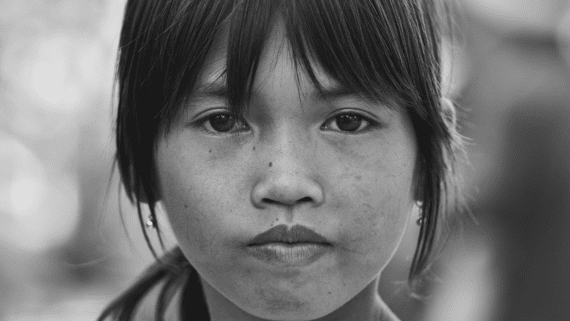By Jordan Teague Jacobs
It is becoming increasingly clear to national governments, civil society organizations, and—most importantly—those experiencing hunger and poverty that today’s global financial system is not working. The system should help resolve the root causes of food insecurity and improve the lives of people who face hunger and malnutrition. Since both of these are essential parts of Bread for the World’s mission of ending hunger, Bread members have been drawing the attention of other stakeholders to the evidence that the system needs to be improved, which includes rising hunger, extreme poverty, and debt distress.
The Summit for a New Global Financing Pact, held last month in Paris, aimed to identify reforms to the global financial system to make it a larger part of the solution. This entails providing better support to countries most affected by today’s humanitarian crises and stalled economic development.
Recognizing and naming the financial system’s failures are essential to improving it. Compared to anti-hunger advocates’ hopes, however, the summit’s immediate outcomes were a mixed bag.
In one of Ajay Banga’s first public appearances as the new president of the World Bank Group, he announced a new toolkit to support countries in recovering from natural disasters. Among the new elements is a program to pause debt repayments to the World Bank for low-income countries that experience crises or catastrophes.
The United States joined others in calling on additional creditors to offer a similar payment suspension plan by 2025. Former Malawian president Joyce Banda pointed out that significant debt means countries often cannot invest in their own food systems or poverty alleviation. Initiatives like suspending debt-service payments will help countries focus on the needs of their citizens in crisis rather than paying interest to their creditors.
Important progress was made at the Summit on debt relief for low-income countries. Three years after defaulting on its debt, Zambia reached a debt relief deal with its creditors. This will allow the country to receive additional financing to support its economic recovery from the pandemic and provide its citizens with critical basic services. It also serves as a sign that other indebted countries can make progress on debt relief.
Despite these positive steps, the Summit offered little detail on other critical issues in the global financing system—most importantly, on providing additional grants or low-cost financing for countries to adapt to climate change and pursue other development goals like ending hunger. Little progress was made on the earlier pledge to double financing for climate adaptation in low-income countries by 2025.
Disappointingly, only three heads of state from Europe and none from North America attended a Summit that was intended to advance solidarity between the Global North and the Global South. In contrast, 37 heads of state from Africa, Asia, Latin America and the Caribbean were among the 300 governments, international institutions, and civil society organizations represented.
Real solutions to the aspects of global structures, forces, and attitudes that keep hundreds of millions of people living with needless hunger, malnutrition, and extreme poverty will require leadership and commitment at the highest levels of the global community. We must change how the global community treats “have-nots.” We can’t afford not to.
Jordan Teague Jacobs is co-director, Policy & Research Institute, with Bread for the World.



